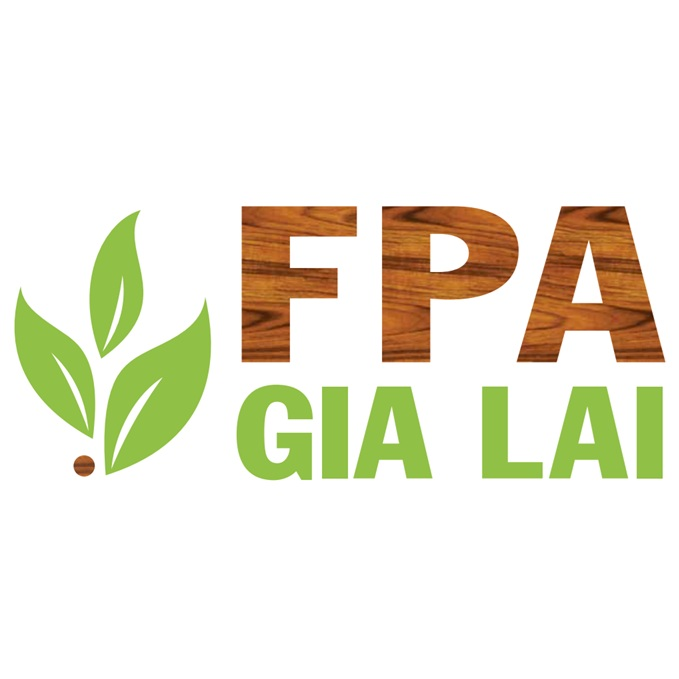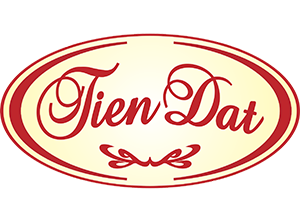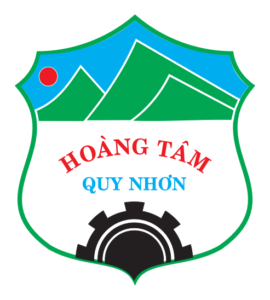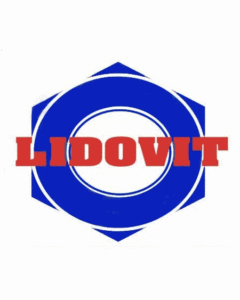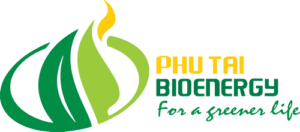Density (mean, Kg/m³): 770
Kapur is classified as not durable
Indonesian Kapur 830 kg/m3 when dried.
Drying: Reported to dry fairly well with an excellent resistance to warp and check.
Strength: From the results of tests it would seem that in the green state Kapur is superior to Tectona in general strength properties, but when dried, it is harder, and some 15 per cent stronger in bending, and about 50 per cent stiffer and more resistant to suddenly applied loads than Tectona.
Working Qualities: Medium – Medium
Durability: Durable
Moisture Movement: Medium
Density (mean, Kg/m³): 770
Texture: Medium
Availability: Variable
Price: Medium
Chemical Properties: Camphor like odor, especially when freshly cut
Use(s): Exterior joinery, indoor/outdoor furniture, flooring, outdoor/marine decking
Colour(s): Reddish brown
Air Dry Density: 575-815 Kg/m³
Strength Group: B
Static Bending:
¤ MOE 13,000-18,700 N/nm²
¤ MOR 144-126 N/nm²
Compression Strength:
¤ Perpendicular to Grain 5.52 N/nm²
¤ Parallel to Grain 61.70-69.60 N/nm²
Shear Strength: 10.50 – 13.60 N/nm²
KILN-DRYING
Kiln Schedule E is recommended. Care must be taken to stack the timber properly as there is a strong tendency to cup. 25 mm thick boards are expected to kiln-dry in 14 days.
Kiln Schedule E
|
Moisture Content (%) |
Temperature (Dry Bulb) |
Temperature (Wet Bulb) |
Relative Humidity (%)(approx.) |
||
|
° F |
° C |
° F |
° C |
||
|
Green |
120 |
48.5 |
115 |
46.0 |
85 |
|
60 |
120 |
48.5 |
113 |
45.0 |
80 |
|
40 |
125 |
51.5 |
116 |
46.5 |
75 |
|
30 |
130 |
54.5 |
117 |
47.0 |
65 |
|
25 |
140 |
60.0 |
120 |
49.0 |
55 |
|
20 |
155 |
68.0 |
127 |
53.0 |
45 |
|
10 |
170 |
76.5 |
136 |
58.0 |
40 |
SHRINKAGE
The shrinkage of some species are summarised below:
| Species |
Shrinkage (%) (Green to air dry) |
Remarks |
|
|
Radial |
Tangential |
||
| D. aromatica |
2.1 |
4.6 |
Very high shrinkage. |
| D. oblongifolia |
1.7 |
3.8 |
High shrinkage. |
| D. rappa |
1.5 |
5.1 |
Very high differential shrinkage. |
![]()
![]()
